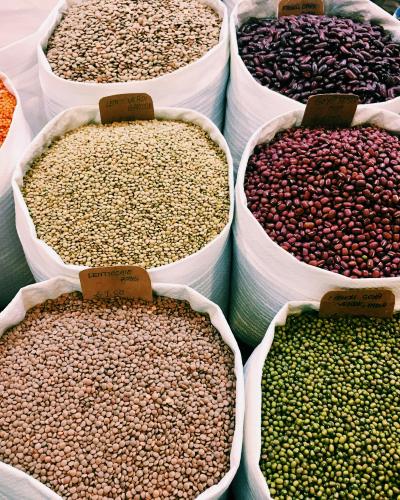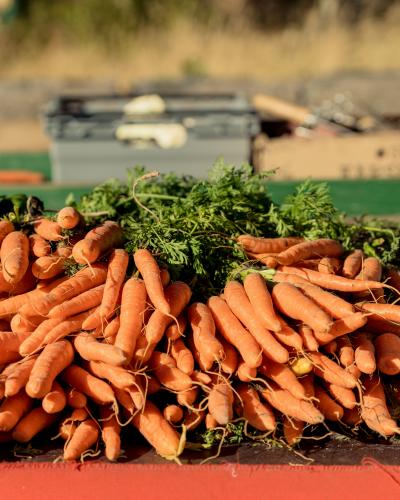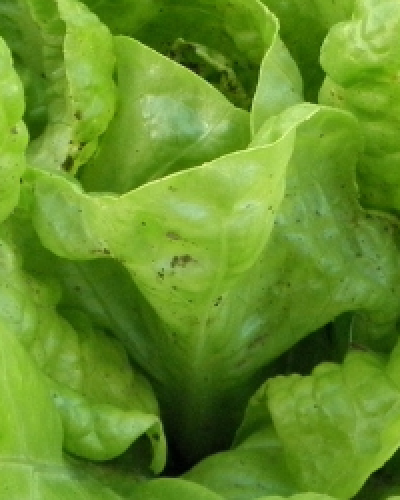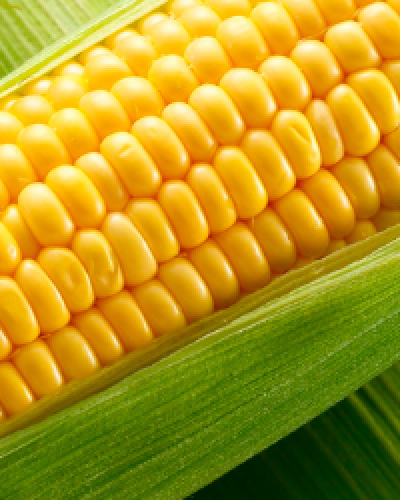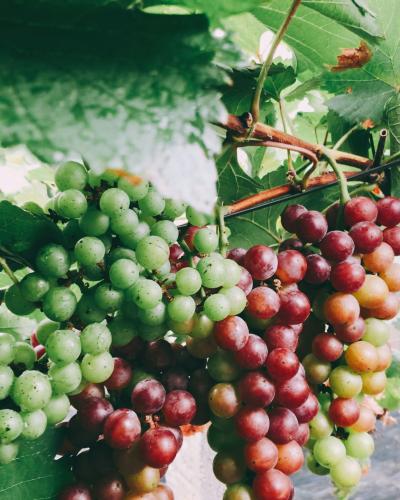A recent Spanish study found that organically grown beans have higher levels of protein, antioxidants, and micronutrients ...
Oct 15, 2025
A study investigating organic nutrient management conducted at Colorado State University found that on-farm–grown cyanobacterial fertilizer, or cyano-fertilizer...
Sep 12, 2025
A recent review paper from Ecosystem Services found that regenerative organic agriculture (ROAg) has significant positive effects on soil health. Authors established that 64% of the soil ecosystem...
Aug 20, 2025
A recent study investigating practices in managing powdery mildew has found that a combination treatment effectively controls...
Aug 06, 2025
A new study published in Soil & Tillage Research highlights the beneficial role of a specific soil fungi, arbuscular...
Jul 23, 2025
A new study from Guanajuato, Mexico published in the journal Agriculture found that grapes grown under organic management...
Jul 16, 2025
A 2025 study published in Environmental Health provides some of the strongest evidence to date that glyphosate and glyphosate-based herbicides (GBHs) pose a significant cancer risk. The research...
Jun 18, 2025
Organic farming systems can significantly improve soil health over time. In a nine-year study published in the Soil Science...
Apr 28, 2025
Organic practices in greenhouse tomato operations significantly reduce pest populations while maintaining comparable yields...
Apr 11, 2025
Soils on organic farms host more diverse...

